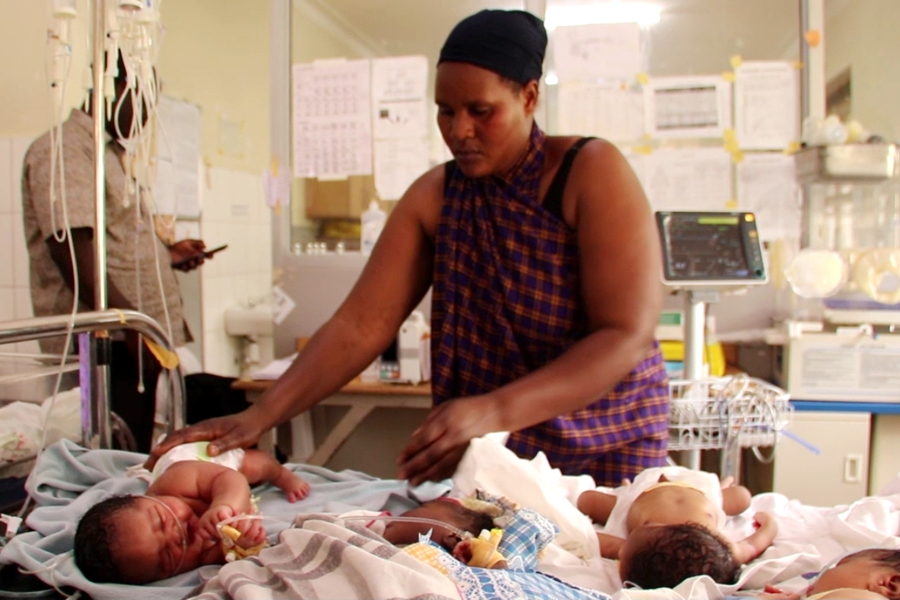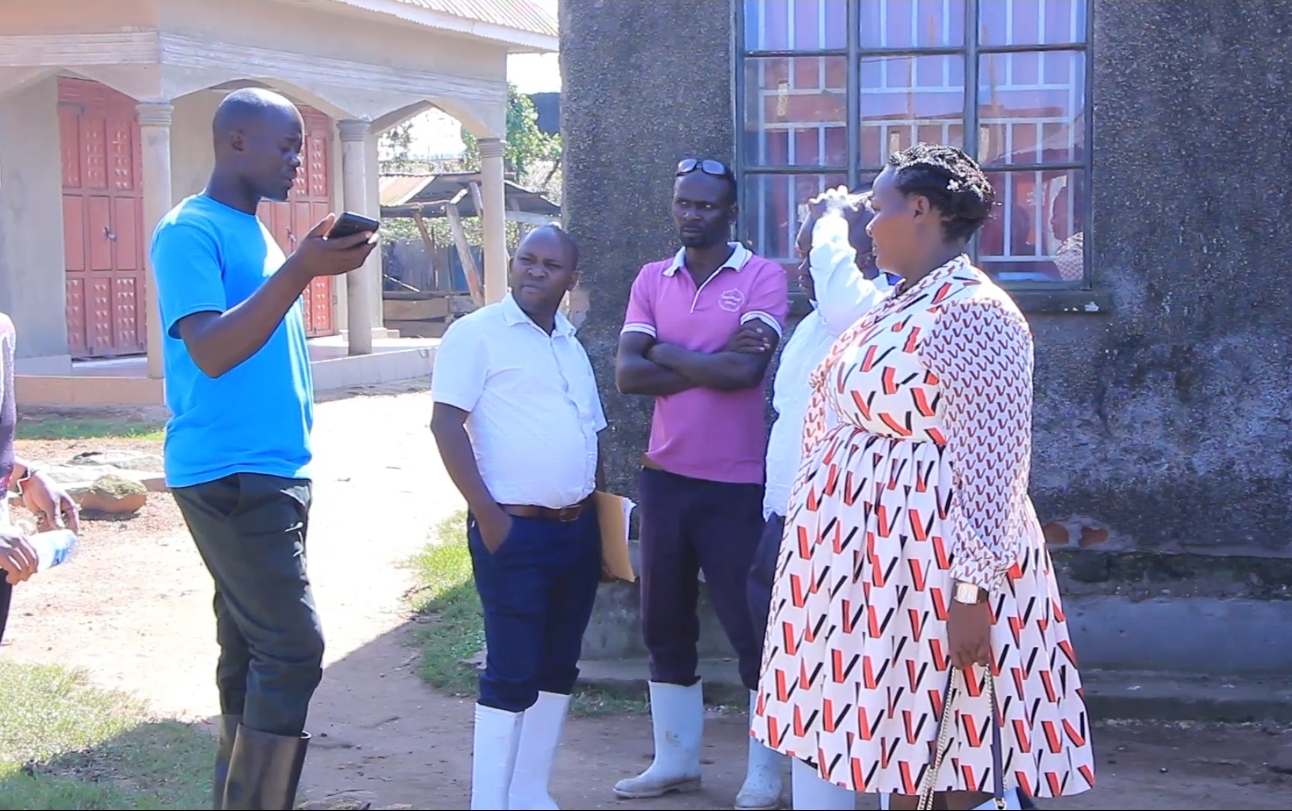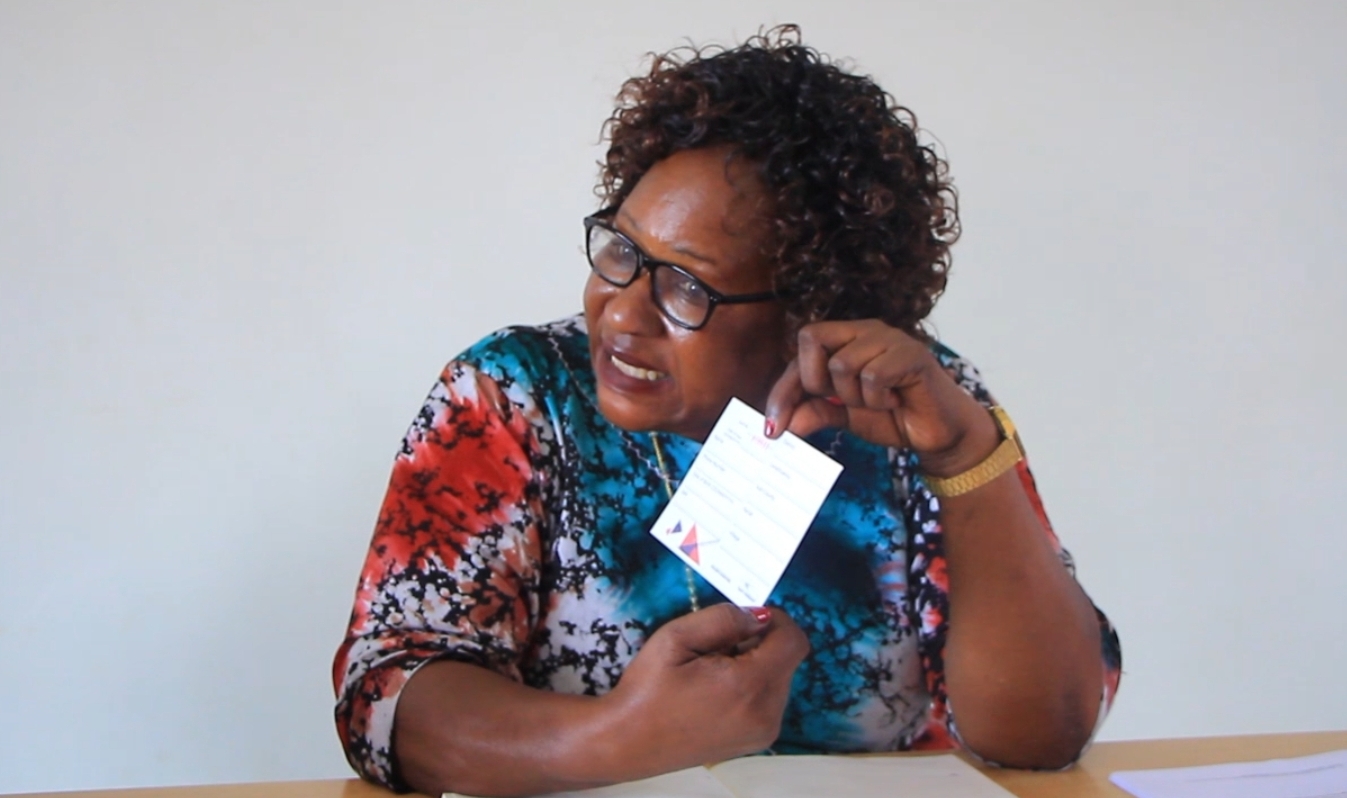Ugandan women empowered with strategies to prevent premature deliveries

HEALTH | In a bid to address the concerning issue of premature deliveries in Uganda, health experts have introduced empowering strategies tailored specifically for Ugandan women.
Premature births, which occur before 37 weeks of pregnancy, can pose significant risks to both the mother and the newborn.
However, with the right knowledge and support, women can take proactive measures to minimize this risk.
Ugandan women are being encouraged to adopt several key practices to reduce the likelihood of premature deliveries.
Firstly, maintaining a healthy lifestyle throughout pregnancy is emphasized, including eating a balanced diet rich in nutrients and avoiding harmful substances such as alcohol and tobacco.
Regular prenatal check-ups are also crucial, allowing healthcare providers to monitor the progress of the pregnancy and address any potential complications early on.
Furthermore, promoting maternal mental health is recognised as a vital aspect of preventing premature births.
Stress and anxiety during pregnancy have been linked to preterm labor, so women are encouraged to seek support from healthcare professionals and participate in stress-reducing activities such as mindfulness and relaxation techniques.
Education plays a crucial role in empowering women to make informed decisions about their health.
Through community workshops and outreach programs, women are provided with valuable information about pregnancy, childbirth, and newborn care.
This knowledge equips them with the tools to recognize warning signs of preterm labor and seek prompt medical attention when necessary.
Access to quality healthcare services is essential in ensuring the well-being of both mother and child.
Efforts are being made to improve access to prenatal care in remote areas of Uganda, where healthcare facilities may be limited.
Mobile clinics and community health workers play a vital role in reaching underserved populations and providing essential maternal and child health services.
By empowering Ugandan women with the knowledge and resources to prevent premature deliveries, strides are being made towards improving maternal and infant health outcomes in Uganda.
Through a combination of healthy lifestyle choices, prenatal care, mental health support, and education, women can take proactive steps to safeguard their pregnancies and give their babies the best possible start in life.













